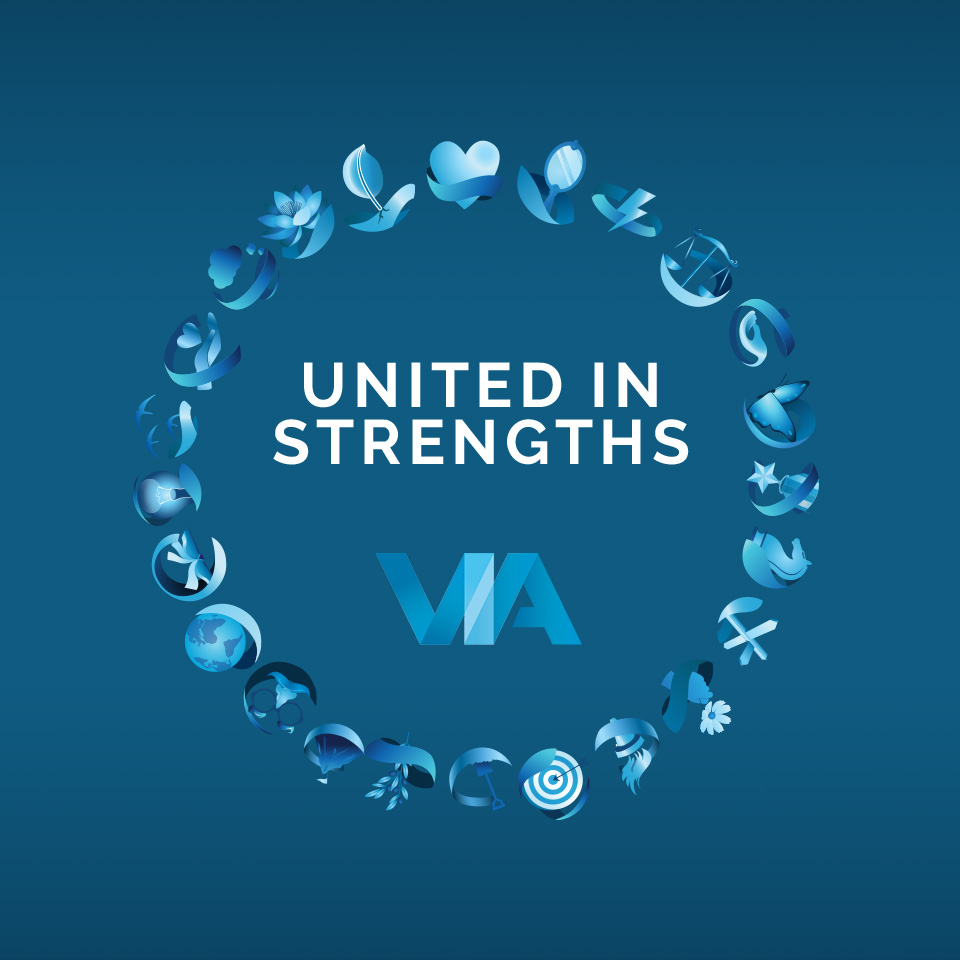A one-minute read for practitioners, researchers, and educators to stay informed on the science & practice of character strengths.
Amidst the global activism, in particular the focus on justice for Black people, I offer some insights from the science of character strengths and the African American community. Note that the term “African Americans” is used here because in this context that is the term used by the researchers themselves.
FROM THE RESEARCH: CHARACTER STRENGTHS AND AFRICAN AMERICANS
Researchers often study groups with common characteristics to explore whether there are unique patterns to help in the understanding of different cultures and communities. African Americans are an understudied group in terms of the science of character. But, with some digging into the research, interesting strength findings can be uplifted and highlighted to help people understand African American culture and appreciate the strengths therein.
- Teamwork/citizenship: Exposure to racism is connected with an increased likelihood of African American adults being involved in political and social justice activities (Mattis, Beckham, et al., 2004).
- Perseverance/resilience: The persevering processes African Americans use to face adversity include many character strengths, such as positive outlook (hope), spirituality, religiousness, meaning-making, forgiveness, expression of empathy (social intelligence), compassion (kindness), gratitude, and humility (Mattis et al., 2016).
- Creativity: African Americans have developed many strategies to handle adversity and highlight the joys of life. One of the central approaches is through the strength of creativity which comes in the form of storytelling and the creative arts (Mattis et al., 2016).
- Love: In seeking closeness/intimacy, young African Americans seek unconditional support, try to defy stereotypes about African American partnerships, try to avoid relationship mistakes made by their parents, and make efforts to behave with integrity in their relationships with partners (Collins & Champion, 2011).
- Humor: “African American humor” is distinct from other cultural communities and includes many forms of humor, such as satire, metaphor, double entendre, self-deprecation, improvisation, and word play (Gordon, 1998).
- Fairness/social intelligence: African Americans are more “perceptually primed” to detect unfair treatment, hypocrisy by those in power, and misalignments between actions and words (Simons et al., 2007).
- Self-regulation: To decrease the likelihood of being seen as aggressive, threatening, or unfriendly, African Americans learn a number of socialization and protective strategies (Baumeister, Vohs, & Tice, 2007), for example, not putting their hands in their pockets or making sudden movement when with police.

HOW TO APPLY THIS RESEARCH
- For yourself:
- Review the VIA Classification of character strengths and definitions. Name one or more of your best character strengths.
- Write why this strength is important to you. What do you value about this strength?
- For others:
- Create a space for your students, family members, and clients to become clear on those character strengths they value the most and why they value them.
- Invite them to create a project (e.g., collages, pictures, reminder notes, screensavers, etc.) to remind themselves of those best qualities that they wish to live by.
A CALL TO RESEARCHERS
Have any research to share relating to this topic? Interested in advancing the study of character strengths and race (especially research on people who are Black)? Please reach out to me by e-mail.
SUBSCRIBE TO BRIEFINGS
Every other month Dr. Ryan Niemiec, VIA's Education Director, sends a newsletter to connect with researchers, strengths practitioners and educators from around the world. He offers things such as a character strengths research finding, a practical nugget, and/or a character strengths story or dialogue he's found inspiring. His hope is that it will prime your day and week with character strengths. Also, let it serve as a reminder that you can reach out at anytime to share your study, your strength applications, and your latest innovations! This article captures a past newsletter. To receive newsletters in real-time, click to subscribe

